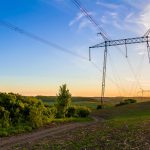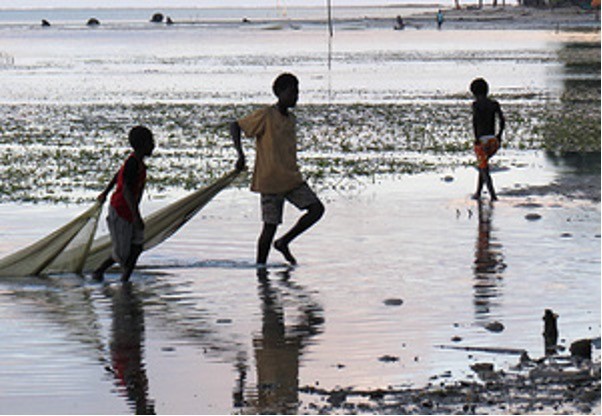Professionalising Communities for Managed Retreat and Resilience
Professionalising Communities is a critical measure for successful managed retreat, enhancing resilience to climate change. It’s not a perfect solution, but with careful planning, extensive community involvement, and ample resources, it can be done successfully. We must view managed retreat as a proactive solution, particularly given the growing importance of climate migration.
To truly empower communities and help them achieve improved social, ecological, and health outcomes, it’s essential that we start by educating them about the impacts of climate change, promoting awareness, and sharing information. Equally important is encouraging sustainable behaviours and cultivating a shift in mindset. Community-led initiatives such as eco-tourism, sustainable agriculture, and renewable energy can simultaneously promote sustainable behaviour while delivering economic benefits to the community.
It’s critical that communities come together and form formal structures with delegated responsibilities and effective communication channels. This approach ensures that communities can take a systematic and proactive approach to addressing issues related to climate change. For instance, communities living in flood-prone areas can work together to develop early warning systems, build flood-resistant homes, and consider relocating to safer areas.
We must learn from successful examples like the Isle de Jean Charles and Carteret Islands to help communities take proactive steps toward becoming more resilient. The Isle de Jean Charles community in Louisiana faced severe flooding and coastal erosion due to climate change. Working with government agencies, they secured funding for relocation to a safer area. The relocation process involved extensive community engagement and consultation to ensure that the community’s needs were met. Similarly, the Carteret Islands in Papua New Guinea were also affected by climate change, leading to saltwater intrusion, coastal erosion, and land loss. The community had to relocate to the mainland, where they worked with government agencies to secure land and resources for resettlement. The process involved extensive community consultation and engagement to ensure that the community’s cultural and social values were respected.
Platforms such as Corpstage can facilitate community engagement, consultation, and relocation, providing resources to enable communities to take proactive steps to become more resilient in the face of climate change. With these tools and resources, we can empower communities to take ownership of their future and work towards a more sustainable and resilient future.
Read More Blogs: www.esgconsultingservice.com, https://event.esgconsultingservice.com
I wholeheartedly agree that managed retreat is an absolutely critical measure for communities to become more resilient to the damaging effects of climate change. While it may not be the perfect solution, it can certainly be done successfully with careful planning, extensive community involvement, and ample resources. We must begin to view managed retreat as a proactive solution rather than a last resort, particularly given the growing importance of climate migration







